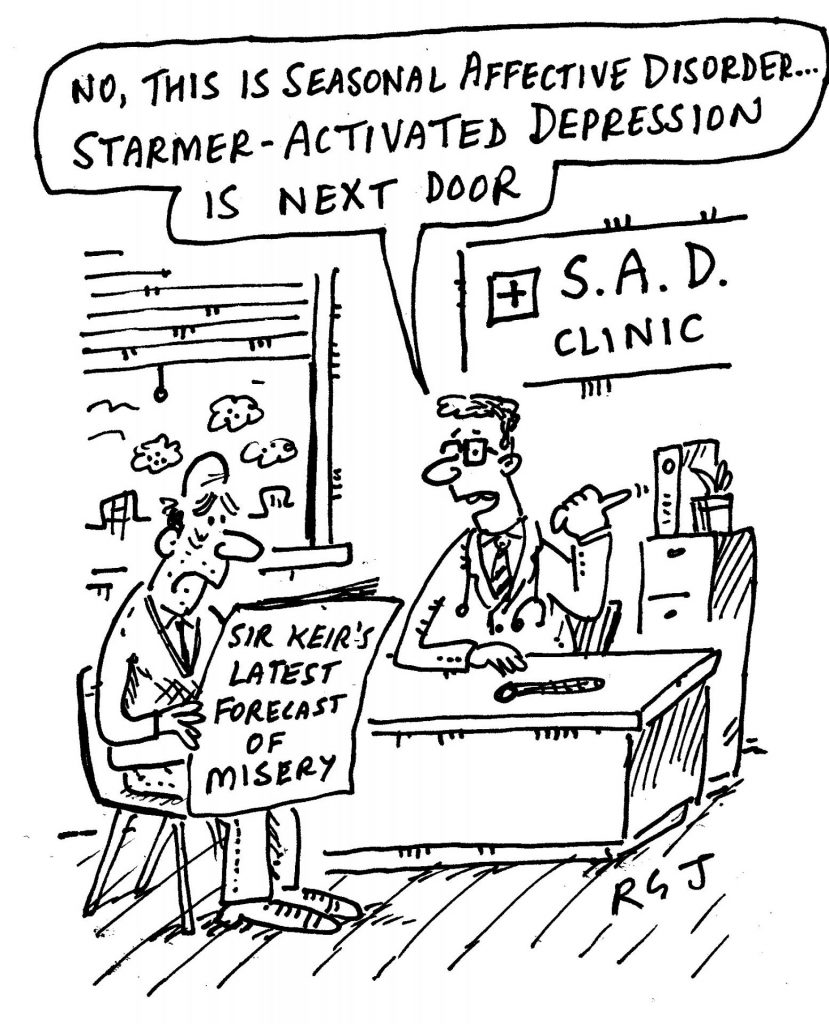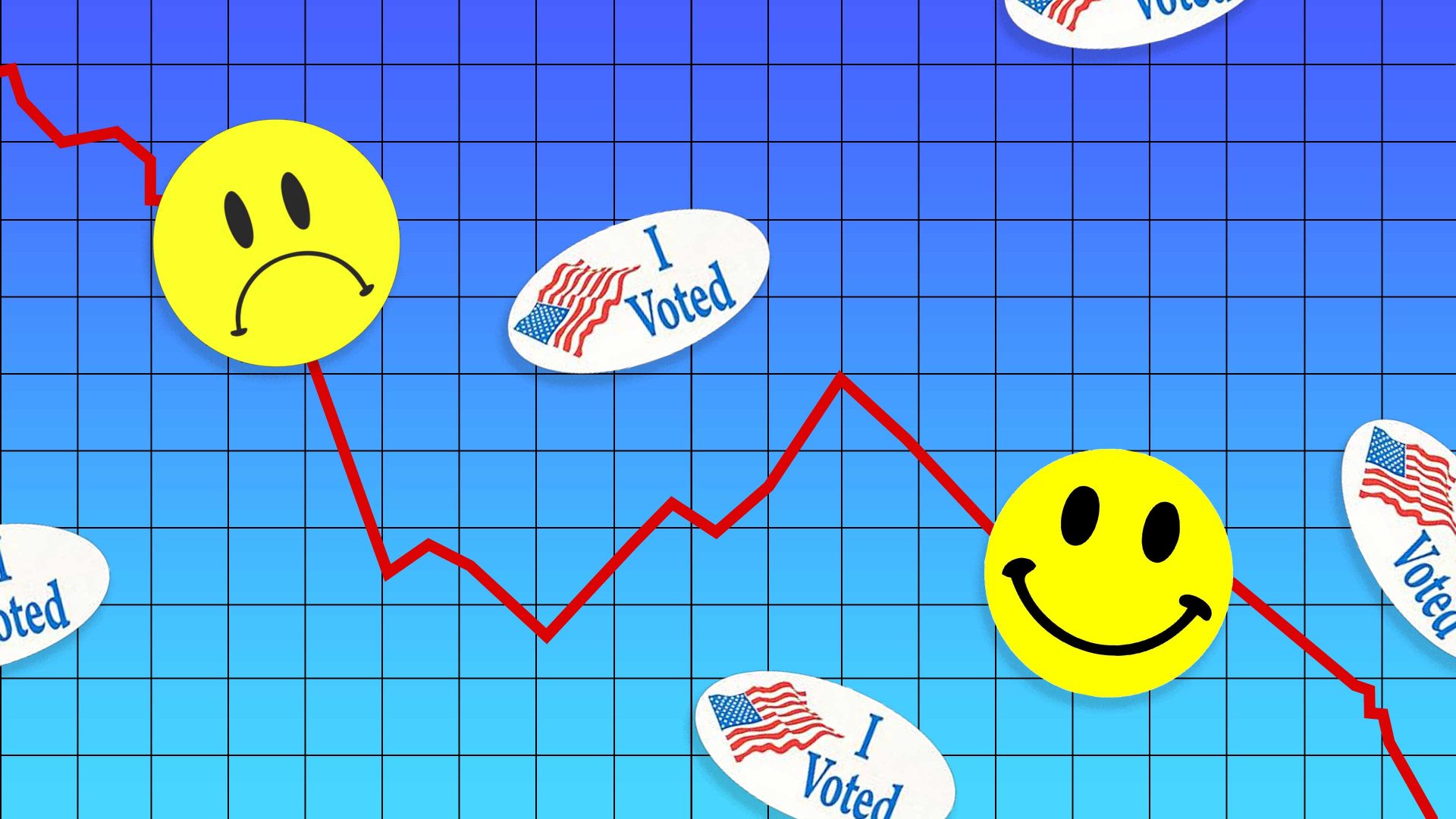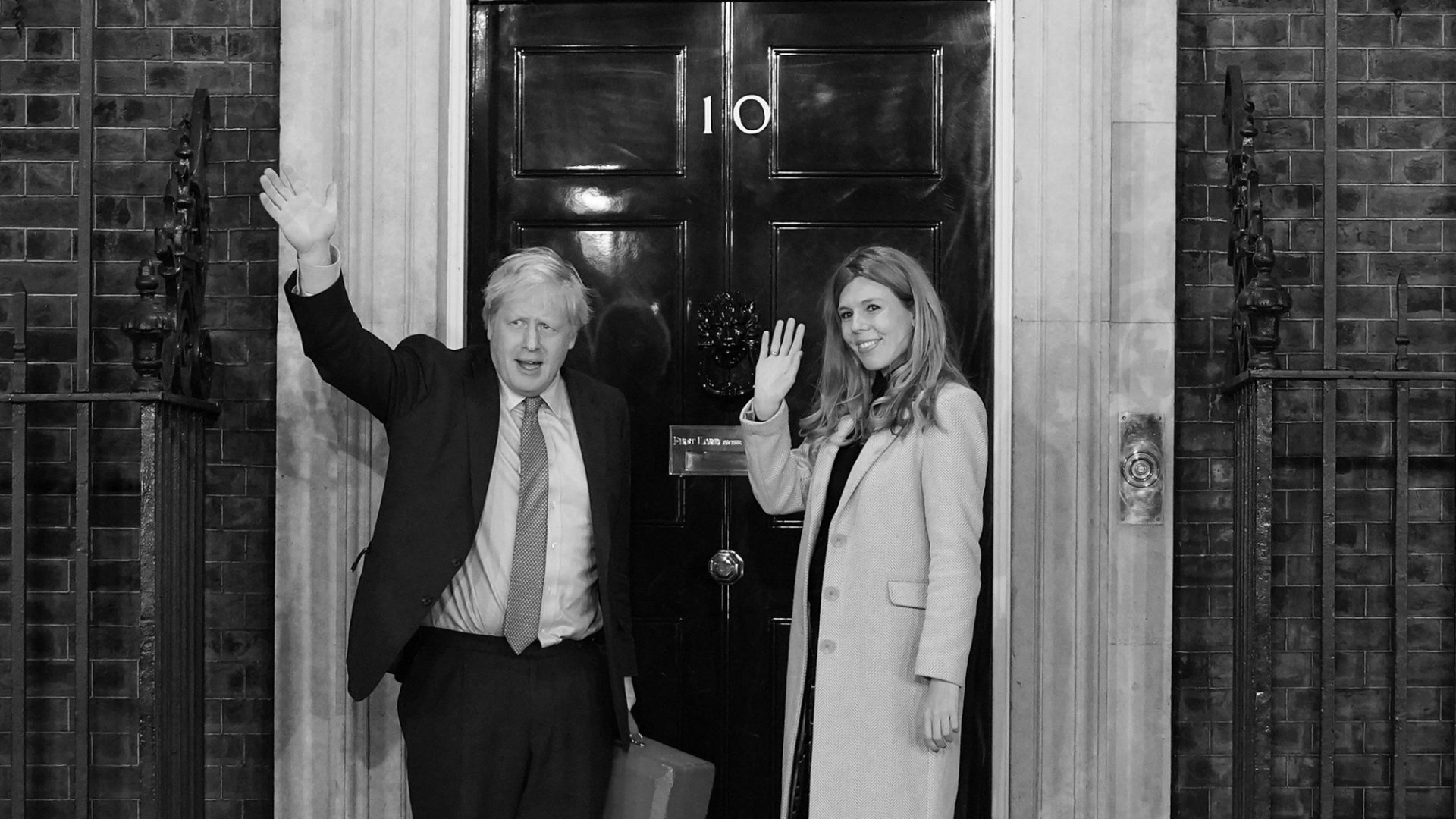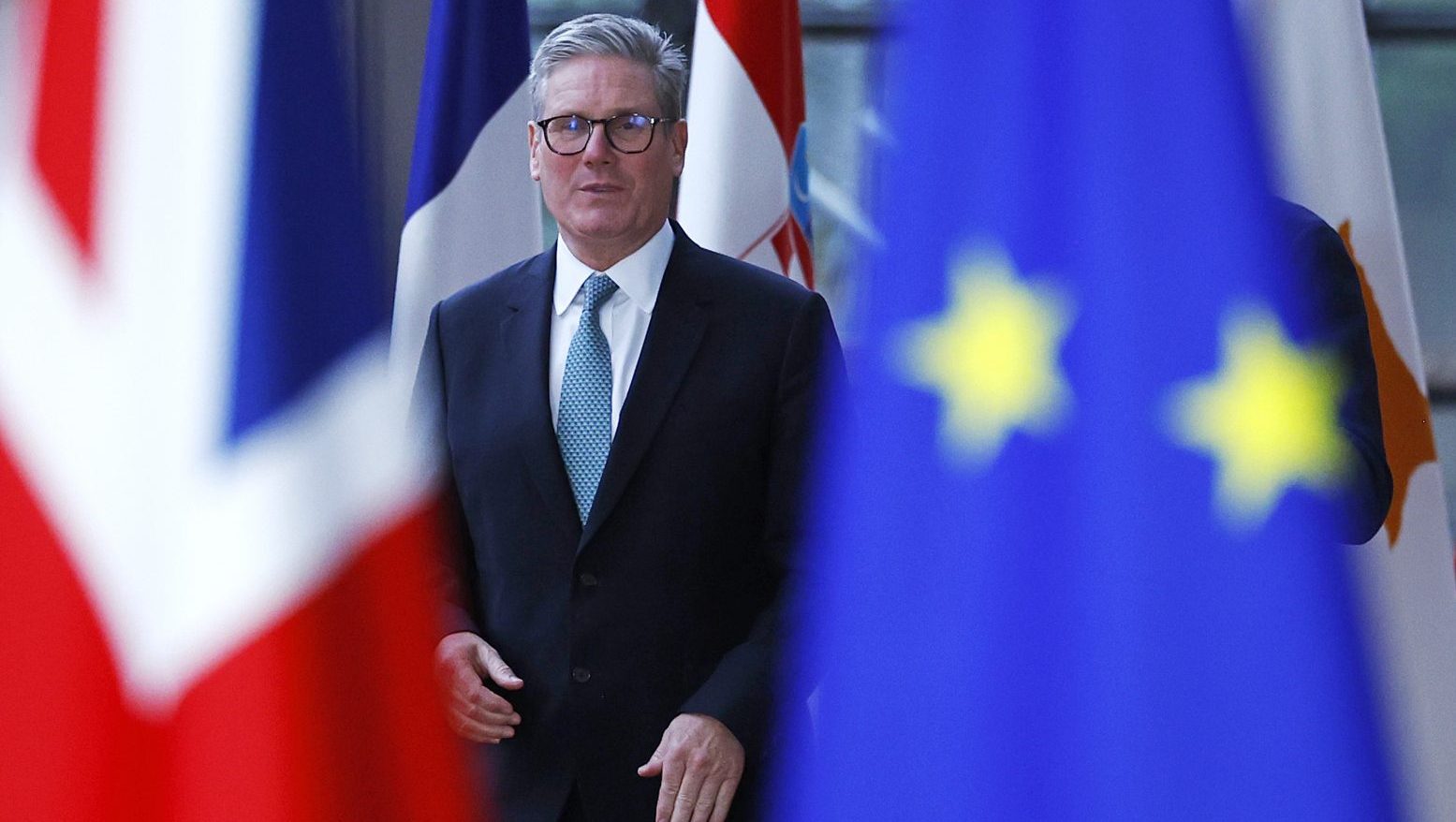“It’s the economy, stupid.” One of those campaign lines (copyright Clinton 1992 campaign strategist James Carville) that has entered the global political lexicon.
Thirty-two years on from when he coined it, however, is it still true? I ask having just heard on the news that no fewer than 254,000 jobs were created in the US last month. An analyst quoted on the BBC World Service called it a “wow moment”, the markets having expected nothing like that number.
So add to an unemployment rate down to 4.1%, a record fall in child poverty, and the multiple trillions of dollars attached to the Inflation Reduction Act, the American Rescue Plan, the Infrastructure Investment and Jobs Act and more, which have combined to deliver something of an economic transformation in the US.
By any fair and rational reckoning, and by comparison with most of his predecessors, US president Joe Biden has delivered well on the economy, stupid. Yet polls suggest that is very much a minority view.
The new jobs figures may be a “wow” moment to the markets, but less so to the voting public who are just a few weeks from deciding whether his vice-president, Kamala Harris, is elected, or the White House is re-occupied by a lying narcissist whose mental faculties are far weaker than Biden’s, and who cares about ordinary Americans as much as I care about Blackburn Rovers’ promotion prospects.
I am indebted to former New Zealand prime minister Chris Hipkins, who I saw in London last week, for sending me an article which helps explain this disconnect between economics and politics. It is a long read in the US quarterly, Democracy, headlined “The Death of Deliverism”, which makes clear delivery is not enough, especially for progressive parties fighting the hard right. “Delivering for people on economic issues is an important goal in itself, but it is not an anti-venom for the snakebite of authoritarianism.”
On the same day Chris Hipkins sent me the article, I met upcoming podcast guest Michael Lewis, and asked him to explain to me why people at the bottom end of the US economic scale saw Trump as their saviour, even armed with the evidence of four years in office when their lives didn’t much improve. Lewis, whose books on the good and the bad of US capitalism have sold in their millions, said Trump was “the angriest man in the world”, and angry people invested in him as a result. Their response to politics and politicians is emotional, not economic.
The economic numbers are of course hugely important, but the Democracy article suggests the numbers we should be looking at come from the polling data on… happiness. There has been a steady decline in poverty, and yet a steady rise in unhappiness. Trump exploits the latter, while pretending the former has never happened.
Objectively good economic numbers in the US have been accompanied by rampant inequality, soaring suicide and addiction rates, a loneliness epidemic, and homelessness visible on the streets of any major town or city.
“Being extremely unhappy more than doubled a person’s likelihood of voting for Trump in 2016,” said Democracy, “and the unhappiest counties were the Trumpiest.” So they tend to believe Trump when he lies about having delivered more manufacturing jobs – they actually fell in his term – but refuse to give any credit to Biden for the lowest unemployment rate in more than half a century.

There are lessons in all this for first-term progressive leaders in government – like Olaf Scholz in Germany, Anthony Albanese in Australia, Keir Starmer here – who may think that all they need to do to win again is deliver on the economy. I think both Scholz and Albanese will struggle to win again, and Starmer is already finding out just how much harder is government than opposition.
The lessons I take from the Democracy piece are these… social identity and the emotions it arouses really matter. Narrative – the story of what a government is for – matters. People’s lived experiences matter, so if they are chronically lonely, or their lives are blighted by crime or anti-social behaviour, or their families or communities are ripped apart by addiction or mental illness, no amount of great economic data will change that. This is especially so when social media and post-truth politicians combine to make so many disbelieve the good, believe the lies and be persuaded that an easy answer, rooted in loathing of others, is available.
Above all, communities matter. Communities have been weakened. The organisations which breed a sense of community have been weakened. A Labour government which is seen to restore a sense of community, and support the people and organisations who share that aim, will reap as much political benefit as any amount of good economic data. Indeed, one may well lead to the other.
It’s the happiness, stupid.
There didn’t appear to be much sympathy for BBC interviewer Laura Kuenssberg losing her “one for your diary” interview with the lying putrescence that once, ridiculously, was our prime minister, by sending him her research notes.
It is, however, easily done. More than once I have written a message TO someone ABOUT someone else, and sent it to the subject rather than the intended recipient. Usually, no harm is done, but occasionally I may say something disobliging.
My most dramatic example of mis-sent communications also involved the BBC. At the time, there was a media frenzy over an allegedly antisemitic poster showing then Tory leader Michael Howard and shadow chancellor Oliver Letwin as flying pigs, they having promised lower taxes and higher spending, and I having forgotten both were Jewish. It led to our adman Trevor Beattie, who had nothing to do with the poster, being chased around by Newsnight. “They’re outside the house. What shall I say to them?” he emailed me.
“Fuck off and cover something important, you twat,” the Malcolm Tucker in me suggested. Only after hitting send did I realise I had sent it to Newsnight.
Cue, at 10.30pm, the BBC2 drumrolls, pictures of me at my most demented, and an intro along the lines of: “A foul-mouthed tirade at the BBC… is Alastair Campbell losing the plot?”
I didn’t watch Johnson’s replacement interview with ITV, and have seen enough lies in the press pre-publicity to ensure I won’t bother with the book. But I did notice in the Guardian, when asked if he regretted apologising to the Queen over No 10 parties going on as she mourned her husband, that he told Tom Bradby: “I don’t discuss my conversations with the Queen.”
Another lie. He is the first prime minister to do exactly that, in the book. Another reason not to buy it.
One book I am reading, by war historian Laurence Rees, I will recommend to everyone when it comes out in January, and I thank the publishers for an early peek. The Nazi Mind, as you would expect from the author of The Holocaust: A New History, is superbly researched and structured. I just wish it was coming out before November 5.
Reading how Hitler warped and won over the German people, it is impossible not to see and feel constant resonances with so many of the styles, strategies and tactics adopted by Donald Trump.




